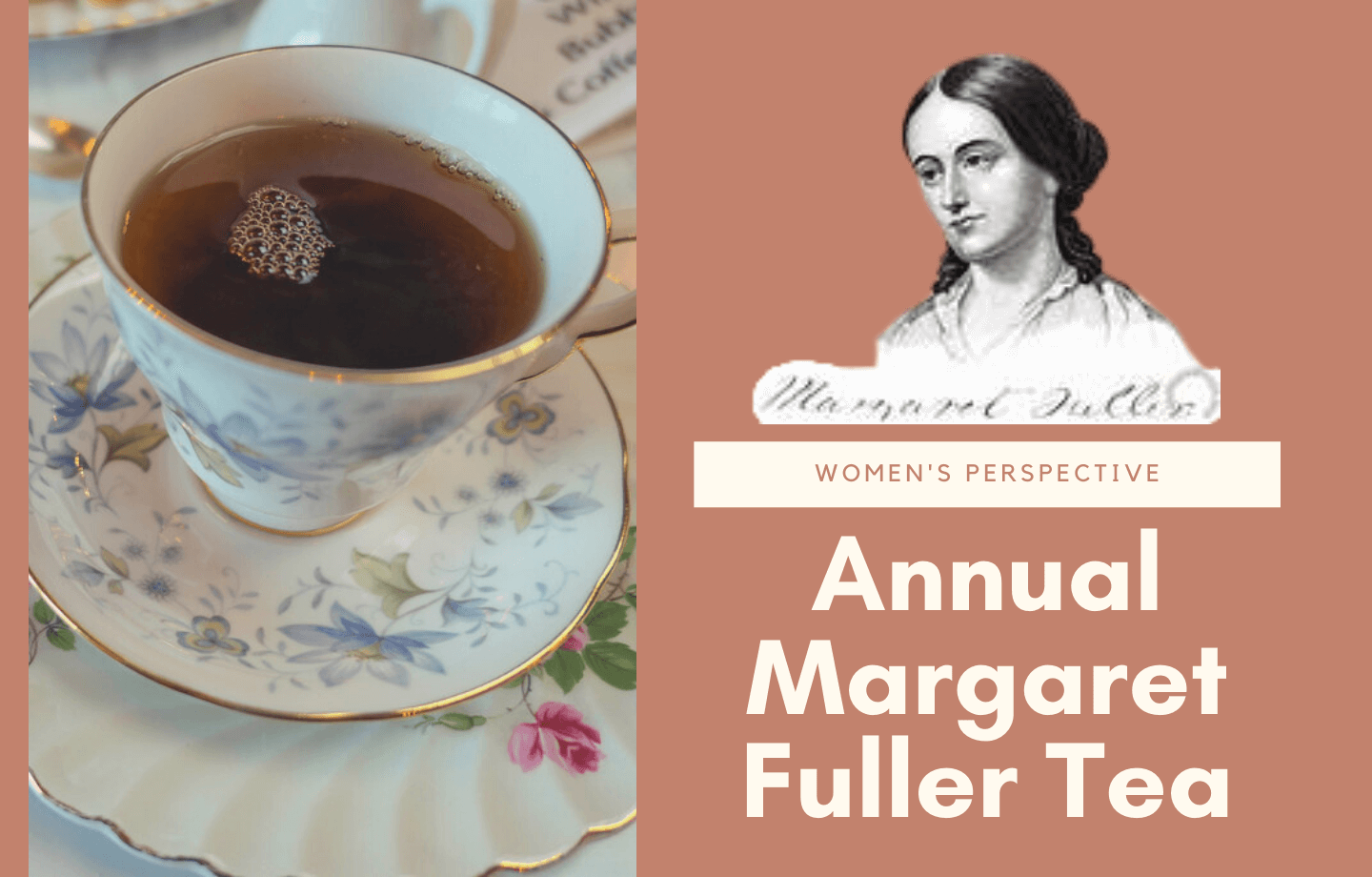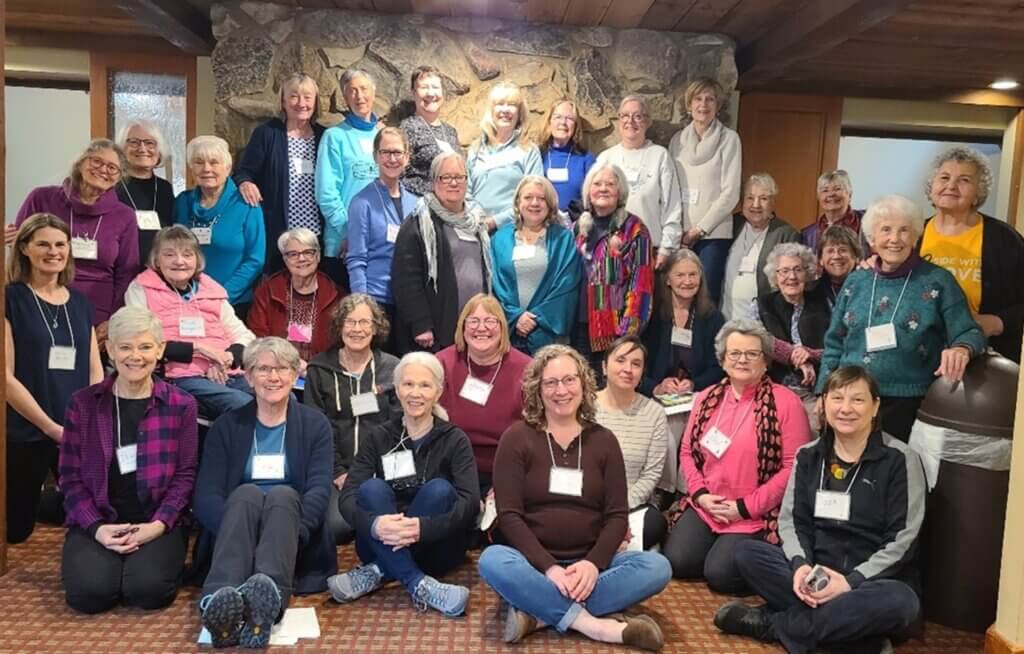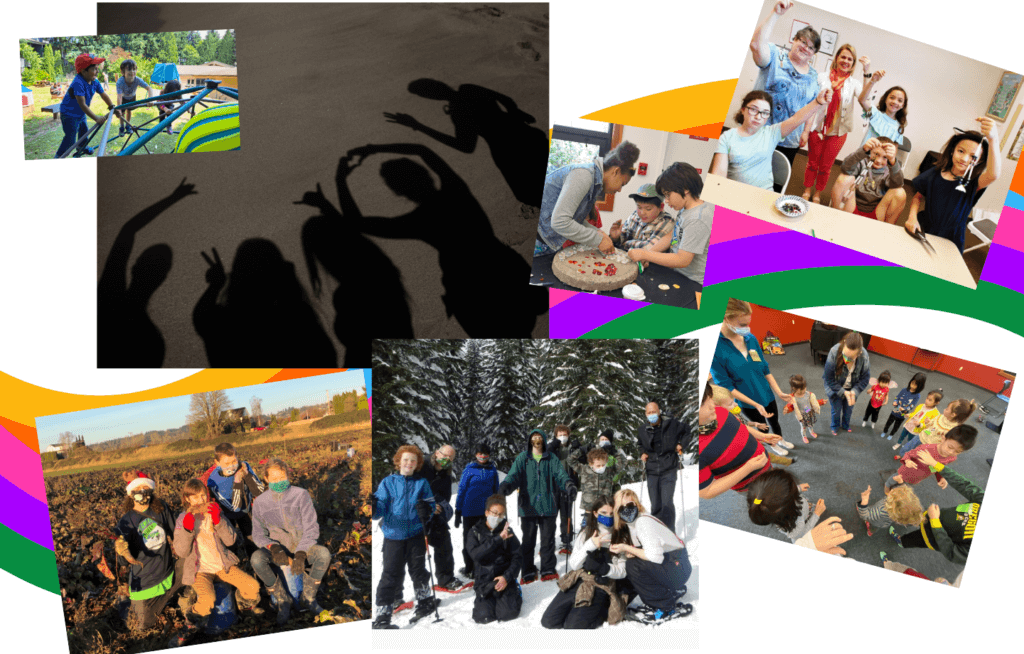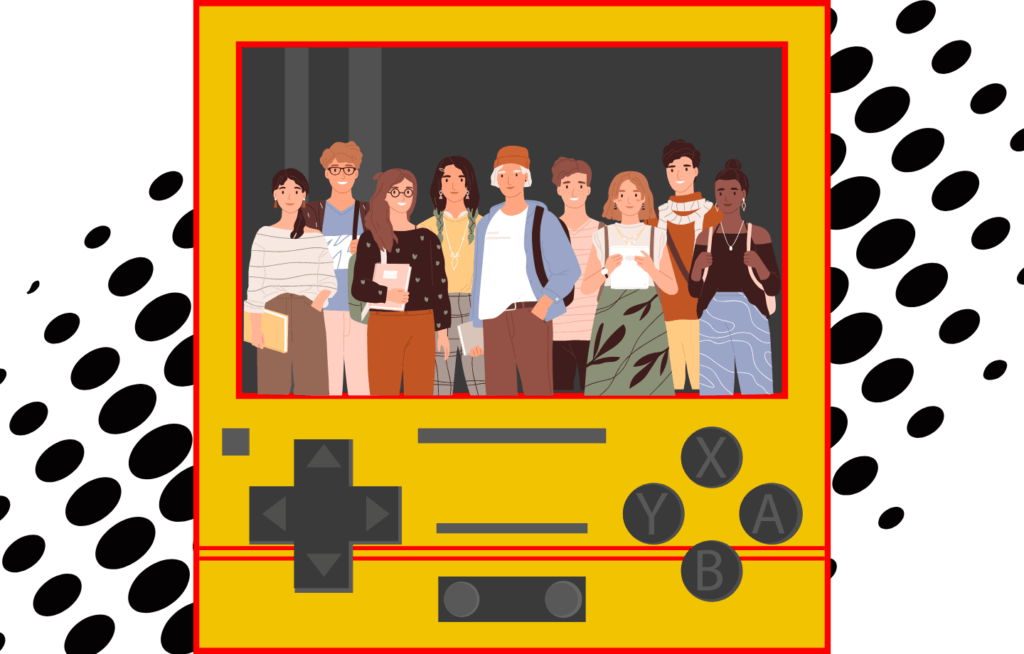
- This event has passed.
Margaret Fuller Tea
Sunday, May 7 @ 12:00 pm - 2:00 pm


Women’s Perspective invites all who identify as women to the annual Margaret Fuller Tea in Spring Hall. We will honor our newest inductees to the Clara Barton Sisterhood, Barb Clagett and Milly Mullarky, and learn about special UU projects that are changing women’s lives internationally. Barb Clagett, having just returned from India, will describe the impact the school built through our partnership with the Khasi Hills Unitarians; Geri Kennedy will showcase projects conducted through the International Convocation of UU Women.
How to Attend
Register online so we know how many chairs to arrange.
Please wear a hat! And bring your daughters and mothers to this delightful event. Light fare will be provided. We request pre-registration via East Shore’s website so that we can ensure enough table settings: Click Here. We suggest a donation of $10, payable online or at the door.
More Information
Margaret Fuller (May 23, 1810 – July 19, 1850)
was an American journalist, editor, critic, translator, and women’s rights advocate associated with the American transcendentalism movement. She was the first American female war correspondent, writing for Horace Greeley’s New-York Tribune, and full-time book reviewer in journalism. Her book Woman in the Nineteenth Century is considered the first major feminist work in the United States.
Margaret became a teacher and in 1839, she began overseeing her Conversations series: classes for women meant to compensate for their lack of access to higher education. She became the first editor of the transcendentalist journal The Dial in 1840, which was the year her writing career started to succeed. By the time she was in her 30s, Fuller had earned a reputation as the best-read person in New England, male or female, and became the first woman allowed to use the library at Harvard College.
Fuller was an advocate of women’s rights and, in particular, women’s education and the right to employment. She revolted against Boston-Cambridge’s learned professions because she was barred from entering as a girl. She also encouraged many other reforms in society, including prison reform and the emancipation of slaves in the United States.
Event Details
Transportation & Parking
We have several parking lots. Our upper lot, off SE 32nd Street, is closest to our Sanctuary, it has handicap and stroller parking. There is a roundabout for drop-offs. Our lower, main parking lot is also off SE 32nd Street. There are stairs that will lead you up to the Sanctuary. If that lot is full, there is also street parking on 32nd Street.



